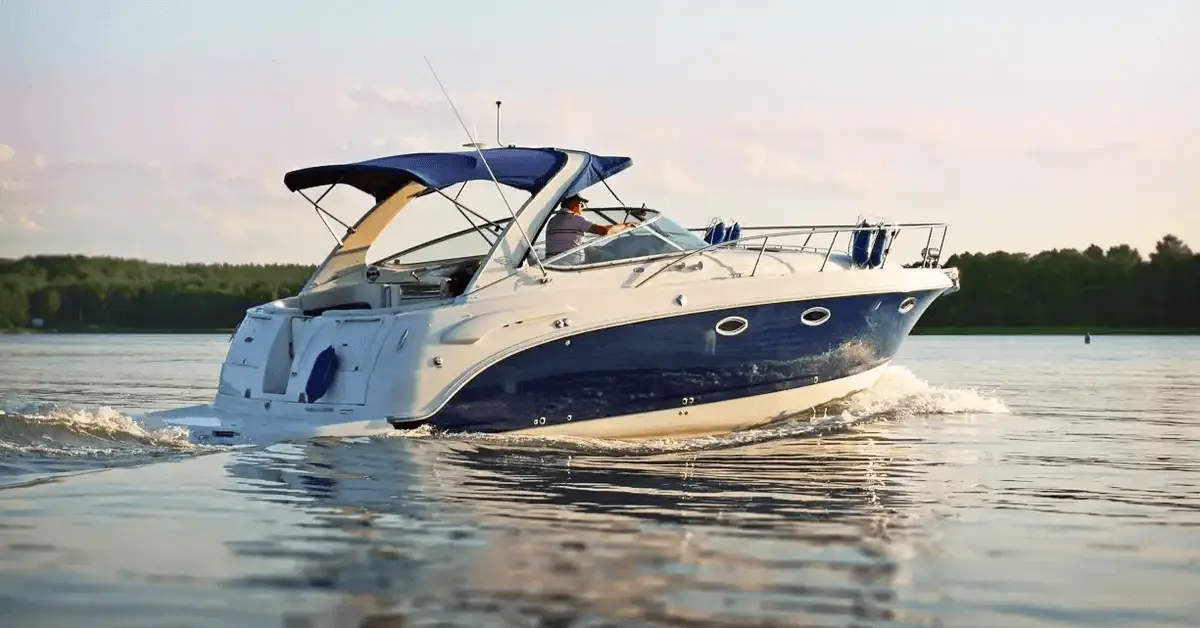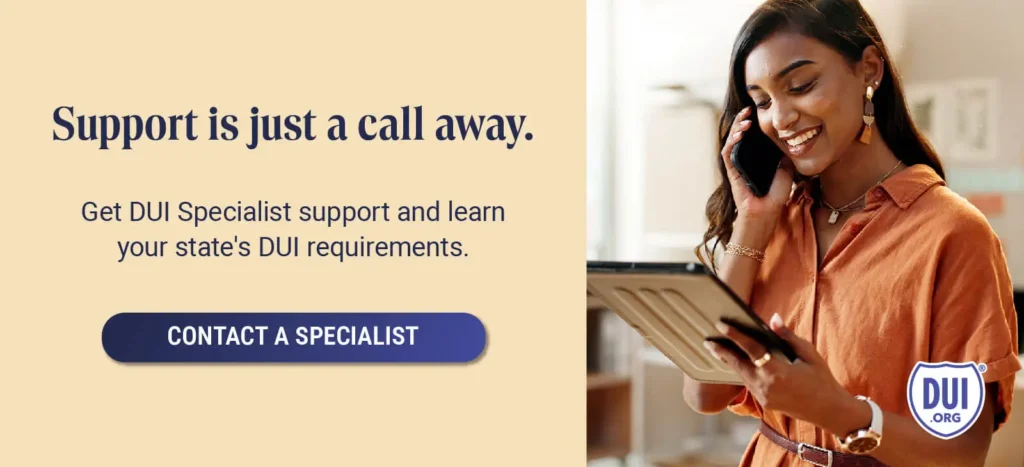
If you think of boating as a safe haven from DUI laws, think again. Just like driving a car, operating a boat under the influence is illegal and can lead to serious legal consequences. This offense, known as Boating Under the Influence (BUI), is regulated similarly to DUI laws for vehicles and is enforced in most states, meaning you could face fines, jail time, or even loss of your boating privileges. Here’s what you need to know about drinking and boating to stay safe and avoid the hefty penalties of a BUI.
What is Boating Under the Influence?
BUI stands for Boating Under the Influence, and it applies to any vessel operated by someone impaired by alcohol or drugs. Boating under the influence laws generally mirror DUI laws on land, setting legal limits for Blood Alcohol Content (BAC). In most states, a BAC of 0.08% or higher will result in a BUI charge. However, some states may have stricter BAC limits, especially for certain bodies of water or types of boats. Like DUI laws, BUIs can also apply to controlled substances, prescription drugs, and over-the-counter medications if they impair your ability to operate a vessel safely.
Can You Drink While on a Boat?
Passengers on a boat can usually drink alcohol, but the rules vary by state. However, the operator of the vessel must remain sober to avoid a BUI charge. Even though passengers may drink, excessive alcohol on board can lead to unsafe conditions, impacting the operator’s ability to safely control the boat. Always check local regulations, as some waterways have stricter rules regarding alcohol consumption on boats.

Can You Get a DUI on a Boat Without a Large Motor?
Many states impose BUI laws for non-motorized vessels as well. Canoes, kayaks, paddleboards, and even rowboats are often subject to the same BUI laws as larger motorized vessels, so it’s essential to understand how your state defines boating under the influence.
Who Monitors for DUIs on a Boat?
Bodies of water are regulated by agencies like the Coast Guard, which handles maritime security, and local law enforcement that monitors coastlines. States may also have departments overseeing boating licenses and fines, and in some cases, federal consequences apply. Law enforcement can set up BUI checkpoints on the water or stop boats they suspect of erratic operation.
BUI Laws by State: What’s the Difference?
Although the specifics vary by state, BUI laws are widely enforced across the U.S. Some states, like California, Florida, and Texas, have particularly strict BUI regulations, often including harsher penalties for repeat offenders or aggravating circumstances. In some states, the legal consequences of a BUI can be almost identical to those of a DUI, including fines, mandatory boating safety classes, and even jail time.
If you are wondering about non-motorized vessels, some states, like Colorado and Wyoming, include kayaks, canoes, and paddleboards in their BUI laws. So, if you’re out paddling with a drink in hand, be aware that you could still face legal repercussions if you’re deemed impaired.
Penalties for Boating Under the Influence
A BUI conviction can come with significant consequences. Here’s a look at some of the penalties you may face:
- Fines and Legal Fees: The fines for a BUI can be substantial, especially for first-time offenders. Fines vary by state but typically start at several hundred dollars and increase with repeat offenses.
- Possible Jail Time: Some states impose jail time for BUI convictions, particularly if your BAC is well above the legal limit, or if there was an accident involving property damage or injury.
- Boating Privileges and License Suspension: Like DUI laws, BUI convictions can result in the suspension of your boating privileges or even a complete ban on operating any vessel.
- Increased Insurance Rates: A BUI conviction could also affect your auto insurance rates, as some insurers factor in boating offenses when determining rates.
- Additional Requirements: Many states require completion of a boating safety course or substance abuse education following a BUI conviction.
What Happens if I Get a BUI and Already Have a DUI?
Penalties for a boating DUI can be particularly harsh if you have a prior DUI on record. Some states treat DUI and BUI as aggravating circumstances, which can lead to stiffer penalties, including longer license suspensions, higher fines, and possible mandatory rehabilitation programs.
How Will a BUI Affect My Driver’s License?
In some states, such as Utah and Indiana, a BUI conviction can impact your driver’s license as well. The specifics vary, but many states impose license suspensions, increased insurance rates, or mandatory education courses for BUI offenders, just as they would for DUI offenders.
Does a BUI Stay on Your Record?
A BUI conviction is generally recorded on your criminal record, much like a DUI. Depending on your state, it may stay on your record permanently or for a set number of years. This record can influence future insurance rates and legal outcomes if you face any subsequent DUIs or BUIs.
How Alcohol Affects You on the Water
Operating a boat under the influence can be even riskier than driving on land due to unique factors that come into play on the water. Sun, wind, and waves can intensify the effects of alcohol, making boaters feel impaired more quickly than they would on land. Known as “boater’s hypnosis,” this effect reduces reaction times and can impair judgment, increasing the risk of accidents. Alcohol also impacts your ability to judge distances, stay alert to other boaters, and recognize hazards in the water, all of which are essential for safe boating.
How to Avoid a DUI on a Boat
Boat safety is very important, as many accidents can occur while on the water. Avoiding a boating DUI is simple with a few smart choices. Here are some effective strategies to help you stay safe and compliant:
- Designate a Sober Operator: Like a designated driver, having a sober operator ensures that someone is fully responsible for the boat’s safety. Rotate shifts if needed to keep the fun going without risking anyone’s safety.
- Limit Alcohol on Board: Consider keeping the alcohol ashore or limiting consumption to the passengers. This way, you’ll avoid temptation and help keep everyone on board safe.
- Stay Hydrated and Use Sunscreen: Dehydration and sun exposure can amplify the effects of alcohol. Drink plenty of water and use sunscreen to reduce sun fatigue and prevent “boater’s hypnosis.”
- Familiarize Yourself with Local Laws: Regulations can vary from one area to another, so knowing the specific BUI laws where you’re boating can help you avoid costly misunderstandings. Some states enforce different BAC limits or have stricter guidelines for specific waterways.
Safe Boating Tips for a Fun, Legal Day on the Water
Avoiding drinking and boating is a straightforward way to keep your day on the water fun and free from risk. Consider packing mocktails or non-alcoholic drinks to enjoy with friends while ensuring that everyone remains safe. If you do plan to drink, do so responsibly and assign a designated driver for the boat. Staying alert and sober can help you and your passengers enjoy a safe boating experience without the worry of legal trouble.
DUI.org is Here to Help
Boating is a great way to relax and connect with nature, but it comes with the responsibility of knowing BUI laws and how alcohol affects you on the water. Plan ahead to enjoy a safe, fun day without legal trouble.
If you have questions about boating under the influence, DUIs, or how to manage IID or SR-22/FR-44 requirements, contact DUI.org for assistance. We’re here to help you understand your options and meet the requirements needed to get back on the road safely.
Get support.
What is next? We can help you through the process. Give us a little information and we can support you through the next steps.
All fields are required.